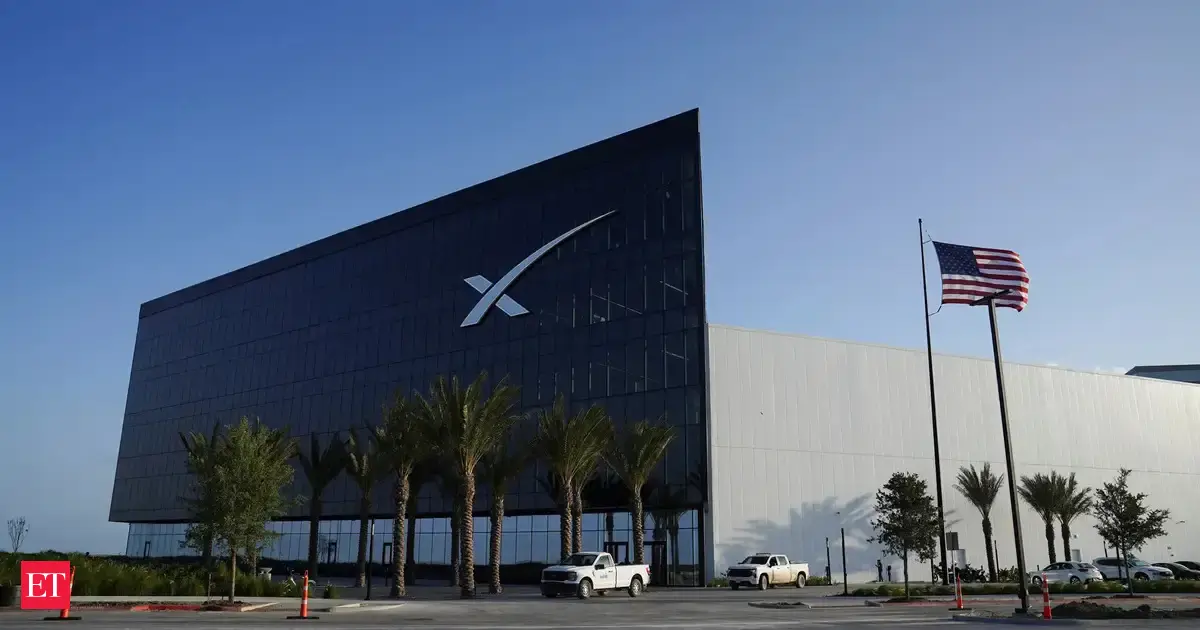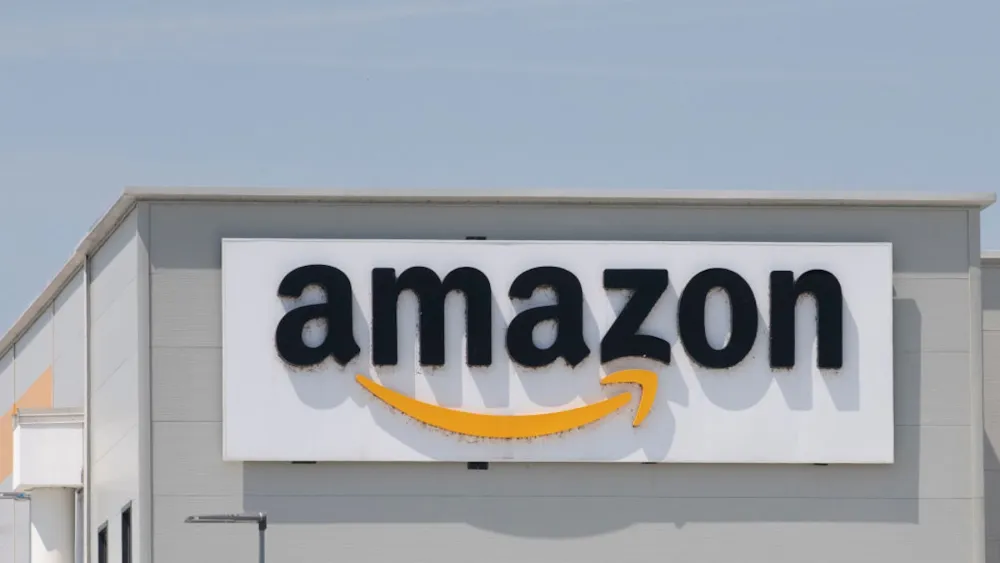Copyright cityam

UK businesses are putting investment and hiring plans on ice ahead of next month’s eagerly anticipated Budget, fearful the Chancellor will squeeze business to plug the UK’s fiscal shortfall for the second time in as many years. According to a fresh poll of small and medium-sized businesses, more than four in five (84 per cent) bosses are worried about the prospect of further tax rises hitting their bottom lines, even after the private sector stomached the majority of last year’s historic £40bn tax raid. And in a further sign of executives’ nervousness, three quarters of respondents also admitted to putting off major decisions about hiring and investment until after the Chancellor’s announcement on 26 November. “These figures are a flashing red light on the UK’s economic dashboard,” said Andreas Adamides, the head of entrepreneurs’ group Helm, which commissioned the study. “When more than 80 per cent of business leaders are bracing for tax hikes and three-quarters have hit pause on investment, it’s clear the engine of growth is idling when it should be accelerating. “The Chancellor must remember that confidence is the oxygen of enterprise — without it, ambition suffocates.” Late Budget causes investment slowdown in Golden Quarter The findings will pile fresh scrutiny on the Chancellor’s decision to deliver what is the main fiscal event of the year in late November, weeks after the Budget’s usual date of late October or early November. The later date may earn Rachel Reeves a fiscal windfall thanks to lower than expected inflation, meaning the government now enjoys considerably lower borrowing costs relative to a month ago. But industry chiefs and economists have warned it will also eat into businesses’ ‘golden quarter’, the all-important three months between October and December when retailers and other firms often enjoy their best period of trading. Panmure Liberum chief economist Simon French said last month that the late Budget date risked weighing on the UK economy, as speculation over tax hikes cause bosses and consumers to hold off spending plans. Helm’s Adamides added: “The Autumn Budget must light a fire under Britain’s growth ambitions. That means no new taxes on business, real incentives for investment, and a clear signal that the UK is open for growth. Give businesses the green light to drive our economy forward.”



